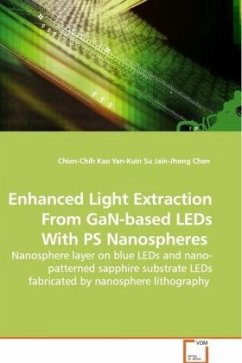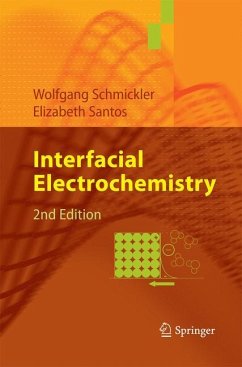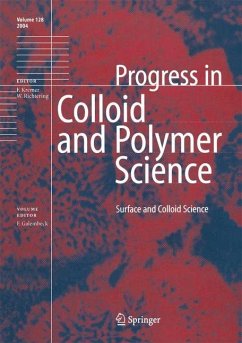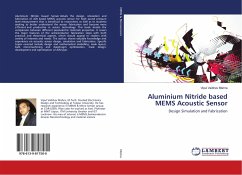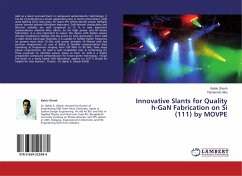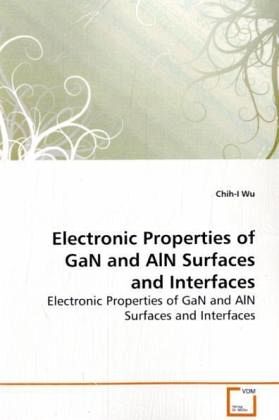
Electronic Properties of GaN and AlN Surfaces and Interfaces
Electronic Properties of GaN and AlN Surfaces and Interfaces
Versandkostenfrei!
Versandfertig in 6-10 Tagen
45,99 €
inkl. MwSt.

PAYBACK Punkte
23 °P sammeln!
This book describes the electronic properties of the surfaces of gallium nitride (GaN) and aluminum nitride (AlN), which are the materials with applications in short wavelength light emitting devices and high power electronics. First, we report the studies of the surface structure, stoichiometry and electronic properties of GaN(0001) and AlN (0001) surfaces. Clean and ordered (1x1) surfaces with nearly stoichiometric composition were prepared and then investigated using direct and inverse photoemission spectroscopy. Filled and empty surface states were found to exist and extend beyond the vale...
This book describes the electronic properties of the
surfaces of gallium nitride (GaN) and aluminum
nitride (AlN), which are the materials with
applications in short wavelength light emitting
devices and high power electronics. First, we report
the studies of the surface structure, stoichiometry
and electronic properties of GaN(0001) and AlN
(0001) surfaces. Clean and ordered (1x1) surfaces
with nearly stoichiometric composition were prepared
and then investigated using direct and inverse
photoemission spectroscopy. Filled and empty surface
states were found to exist and extend beyond the
valence and conduction band edges at GaN and AlN
surfaces. These intrinsic surface states are
presumably associated with cation dangling bonds.
We then present the studies of negative electron
affinity at AlN and GaN surfaces. The effects of
cesium (Cs) adsorption on electron affinity at the
AlN(0001)-1x1 and GaN(0001)-1x1 surfaces were
investigated via ultra-violet and x-ray
photoemission spectroscopy and total yield
spectroscopy. We also discuss the chemical and
electrical properties of metal-GaN interfaces.
surfaces of gallium nitride (GaN) and aluminum
nitride (AlN), which are the materials with
applications in short wavelength light emitting
devices and high power electronics. First, we report
the studies of the surface structure, stoichiometry
and electronic properties of GaN(0001) and AlN
(0001) surfaces. Clean and ordered (1x1) surfaces
with nearly stoichiometric composition were prepared
and then investigated using direct and inverse
photoemission spectroscopy. Filled and empty surface
states were found to exist and extend beyond the
valence and conduction band edges at GaN and AlN
surfaces. These intrinsic surface states are
presumably associated with cation dangling bonds.
We then present the studies of negative electron
affinity at AlN and GaN surfaces. The effects of
cesium (Cs) adsorption on electron affinity at the
AlN(0001)-1x1 and GaN(0001)-1x1 surfaces were
investigated via ultra-violet and x-ray
photoemission spectroscopy and total yield
spectroscopy. We also discuss the chemical and
electrical properties of metal-GaN interfaces.



